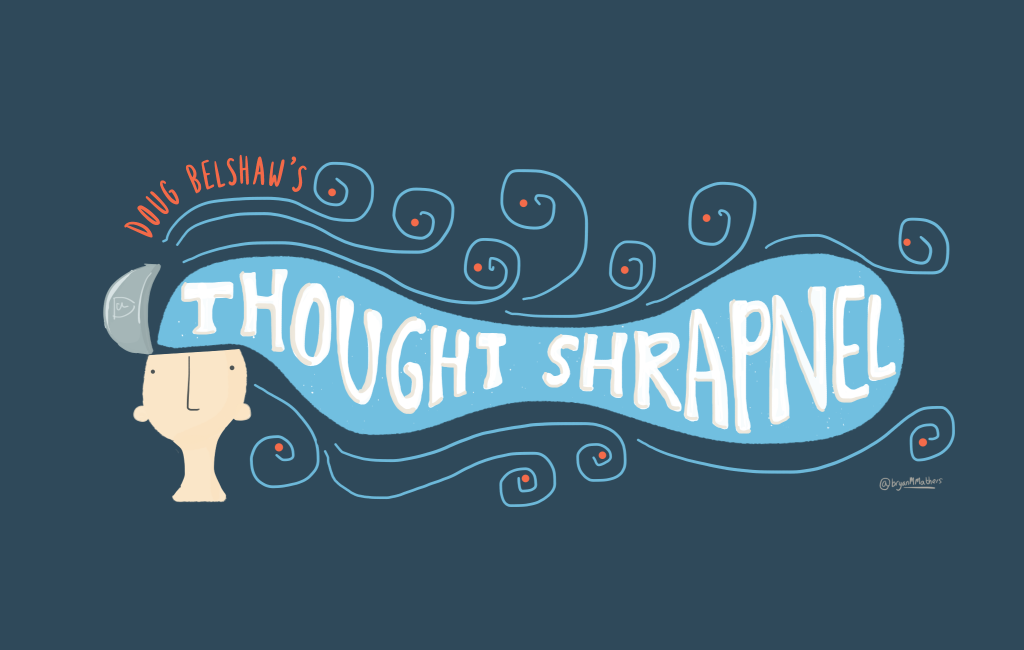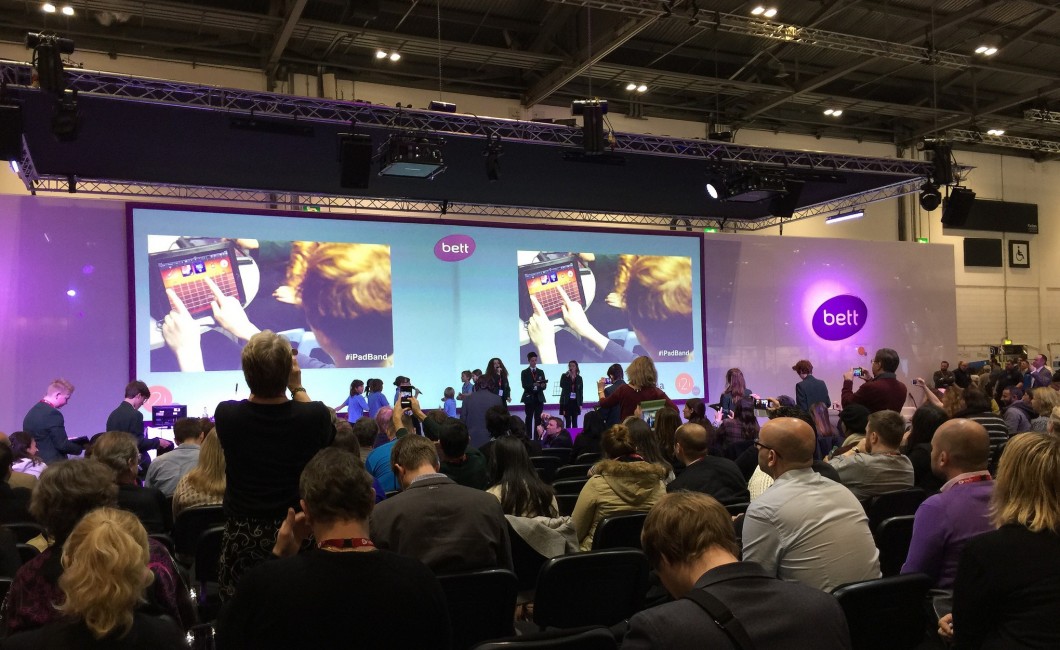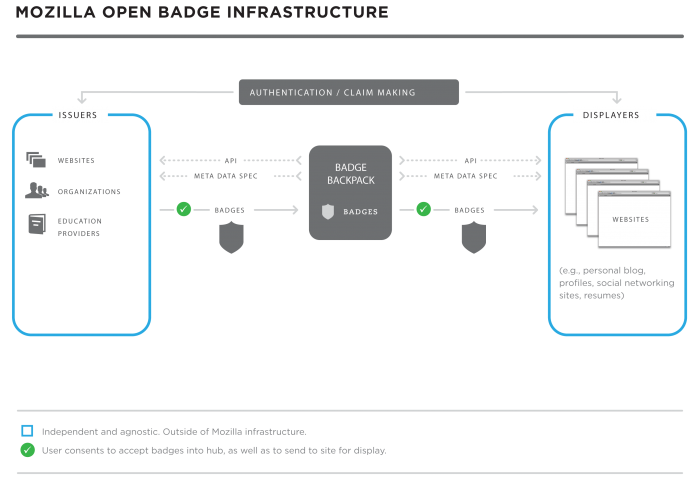3 things I’ve learned from 200 weeks of sending out an email newsletter

Every week, nearly 1,000 people receive my newsletter in their inboxes. Entitled Doug Belshaw’s Thought Shrapnel it’s an irreverent look at the intersection of education, technology, and productivity. People seem to like it, which is why this Sunday I’ll be sending out issue 200!
Here’s some things I’ve learned along the way. I hope it’s of use to those thinking of starting up their own newsletter in 2016. 🙂
1. You are the most important audience
Even if you’re productive and have great workflows, it still takes time to curate and craft a newsletter. You need to motivate yourself to do it every week, as consistency is key to developing an audience.
I’ve developed a few ways to ensure I send out a newsletter on a regular basis:
- I only share links I find interesting. My single criterion is “would I like to see this in someone else’s newsletter?”
- I take breaks. Every year I have one, sometimes two, months where I’m off personal email and social media. I’ve extended that to my newsletter. Having downtime makes your uptime more productive.
- I’ve started allowing sponsorships. When there’s money involved, then there’s expectation and a contract. This pays for my time, but also means I’ve got another reason to get this week’s newsletter out of the door.
2. People like commentary
Every week I get people replying to my newsletters. Those replies go direct to me, and I respond to each one. What I’ve found is that people really enjoy it when I comment on the links that I’m sharing.
We’re often exhorted to ‘add value’ in life. I think this is one example where I can do so in a pretty simple way. For example, I might point out how X is similar to Y, or how an article is based on a false premise, or juxtapose it with something else to raise a smile.
True curation is about doing more than giving people a bunch of links. It’s about presenting them with information in a way that’s going to inform or entertain to the best of my ability.
3. A little bit of personality goes a long way
I’m a fan of long-form content on the web. I have a weekly podcast with Dai Barnes called Today In Digital Education (TIDE) that often runs to an hour and a half. We discuss lots of things during that time, but even so we could go on longer. The important thing is that we attend to what’s important.
Similarly, with my newsletter, I could literally list the hundreds of links I bookmark and come across each week. But that would be of little value to my subscribers. Instead, I sift through these for the ones that either resonate with, or challenge, my worldview. That means that my newsletter isn’t a bland read: it’s opinionated and biased. But that’s OK.
Conclusion
I greatly enjoy the discipline of curating and crafting a weekly newsletter to send out every Sunday morning (UK time). If you’re reading this and don’t yet subscribe, then I hope you’ll consider doing so at thoughtshrapnel.com.
I’m also looking for sponsors for 2016. I’ve already been fortunate to have some great sponsors last year, including Makers Academy, C-Learning, and Think Associates. Get in touch if you’d like to discuss this further: [email protected]
Many thanks to my friend and collaborator Bryan Mathers for the great logo he devised last year! For more of his work visit bryanmathers.com or follow him as @BryanMMathers on Twitter!



